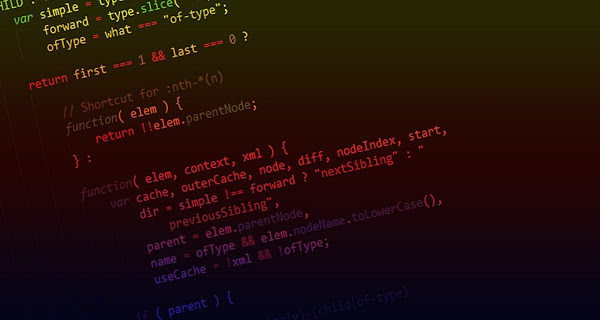Google Issues a Warning about Spectre Attacks using JavaScript


It’s been over a long time since researchers uncovered a couple of security vulnerabilities, known as Spectre and Meltdown, that further revealed fundamental flaws in how most present-day PC processors handle the information to maximize efficiency. While they influence a cosmic number of computing devices, the so-called speculative execution bugs are generally hard to misuse in practice. However, presently researchers from Google have built up a proof-of-concept that shows the risk Spectre assaults pose to the browser—in hopes of motivating a new generation of defenses.
Google in 2018 detailed two variations of Spectre, one of which – named variation 1 (CVE-2017-5753) – concerned JavaScript exploitation against browsers. Google released the PoC for engineers of web applications to comprehend why it’s critical to send application-level mitigations. At a high level, as detailed in a Google document on W3C, a developer’s “data must not unexpectedly enter an attacker’s process”.
While the PoC shows the JavaScript Spectre assault against Chrome 88’s V8 JavaScript engine on an Intel Core i7-6500U ‘Skylake’ CPU on Linux, Google notes it can without much of a stretch be changed for different CPUs, browser versions, and operating systems. It was even successful on Apple’s M1 Arm CPU with minor alterations. The assault can leak information at a pace of 1kB each second. The chief components of the PoC are a Spectre version 1 “device” or code that triggers attacker-controlled transient execution, and a side-channel or “a way to observe side effects of the transient execution”.
“The web platform relies on the origin as a fundamental security boundary, and browsers do a pretty good job at preventing explicit leakage of data from one origin to another,” explained Google’s Mike West. “Attacks like Spectre, however, show that we still have work to do to mitigate implicit data leakage. The side-channels exploited through these attacks prove that attackers can read any data which enters a process hosting that attackers’ code. These attacks are quite practical today, and pose a real risk to users.”
Google has likewise released another prototype Chrome extension called Spectroscope that scans an application to discover assets that may require enabling additional defenses.
If you like the site, please consider joining the telegram channel or supporting us on Patreon using the button below.


